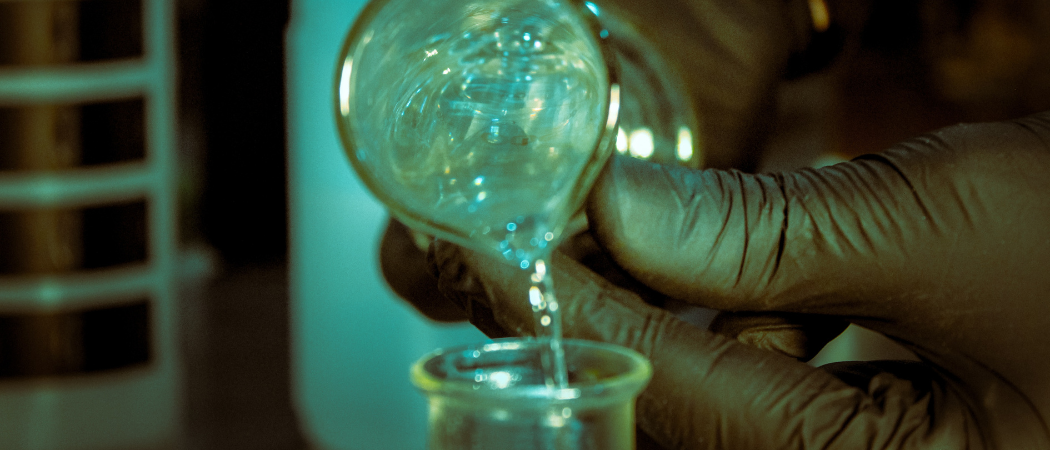Beyond the positive outlook, the midterm analysis highlights the main shortcoming of the research programme: insufficient funding

Photo credits: Fulvio Ciccolo / Unsplash
An in-house analysis by the European Commission on Horizon Europe paints an optimistic outlook for the EU research and innovation programme, as the Brussels research bubble is wondering if the programme’s successor will carry on in the same format or would be subsumed into a new European Competitiveness Fund.
Three years into the Horizon Europe programme, the Commission has allocated over €43 billion to more than 15,000 projects, which could – at least in theory – contribute to the EU’s future economic growth. “Horizon Europe stands at the heart of European competitiveness and innovation strength,” the Commission said in a statement today.
To support its focus on competitiveness, the Commission has also tried to estimate the economic impact of the investment and has reached the conclusion that every euro spent in Horizon Europe so far could generate up to €11 in GDP gains by 2045.
Beyond the encouraging trends, if the Commission wants to fulfill its pledge to place Horizon Europe and its successor (FP10) at the core of the EU economy, it should allocate more money for research in the next multiannual budget.
At the moment, for every ten proposals evaluated as excellent, only three eventually get an EU grant due to insufficient funding.
Mattias Björnmalm, the secretary general of the CESAER, told Science|Business that “This situation is unacceptable and detrimental to Europe’s competitiveness, innovation, prosperity and resilience.”
Research associations and MEPs have been advocating for a budget of €200 or 220 billion, but EU research commissioner Ekaterina Zaharieva said that the figures were unrealistic.
The headline figures
The Commission notes that more than 80% of projects conducted by the European Research Council (ERC) under Horizon Europe have led to scientific breakthroughs or advances. On the other hand, the European Innovation Council (EIC) has awarded nearly €2 billion in grants to support over 700 start-ups and SMEs. The EIC Fund, its venture arm supporting deep-tech start-ups and scale-ups, has the potential to leverage up the €20 billion until 2027.
According to the evaluation report, the public and private sectors have mobilised more than €10 billion in co-investment so far, twice as much as under Horizon 2020 at the same stage. The contribution of associated countries to Horizon Europe, 19 to date, have also brought €4 billion between 2021 and 2024.
Related articles
- Horizon work programmes for 2025 show clear shift to competitiveness
- Request for €220B FP10 budget 'not realistic,' Zaharieva says
The Commission report shows that more ‘Widening’ countries are involved in collaborative projects in Horizon. The so-called Widening countries are member states and associated countries that need additional policy and funding assistance to develop their research ecosystems and boost their participation in Horizon consortia. These countries are now involved in 58% of all collaborative projects in Horizon Europe, up from 47% under the preceding programme, Horizon 2020.
Also, the share of consortia led by women has increased from 24% to 31% in less than four years, while over half of the experts in advisory and evaluation panels are women.
The Commission’s midterm evaluation of Horizon Europe is available here.





 A unique international forum for public research organisations and companies to connect their external engagement with strategic interests around their R&D system.
A unique international forum for public research organisations and companies to connect their external engagement with strategic interests around their R&D system.